How Putin managed to derussify East Ukraine in just 8 years?
Discussion on the potential deescalation of the war in Ukraine with all security implications it has illustrates the difference between the goal- oriented and the system-oriented thinking 🧵
Discussion on the potential deescalation of the war in Ukraine with all security implications it has illustrates the difference between the goal- oriented and the system-oriented thinking 🧵

For example if you want to deescalate the war in Ukraine, what would your best strategy be? Goal-oriented people understand that the only person who could stop the war immediately is Putin himself. Thus they suggest focusing on negotiations with him and persuading him to back off 

Sounds reasonable. And yet, this approach ignores the factor of human will. And goal-oriented people lowkey admit it. For example, when justifying Putin's actions they often point out that it was wrong for the West to "provoke a bear". They strip the other side of any agency 

That's exactly the problem with the goal-oriented approach. This line of reasoning when applied to the human conflicts completely ignores the agency. Russia is not a "bear", China is not a "dragon", the same way the US is not an "eagle". Their policies are designed by humans 
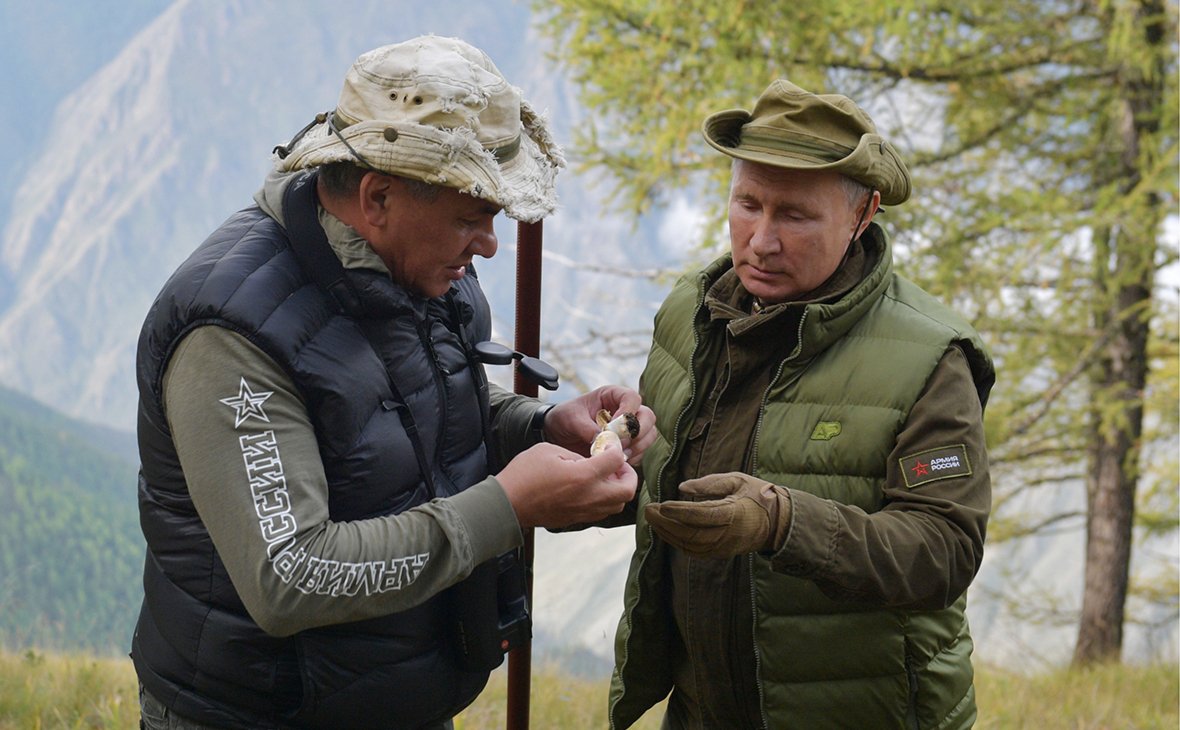
Paradox of the goal-oriented approach. Very often when you want to stop a dangerous situation, you assume you need to negotiate with the only person who has the power to stop it immediately Unfortunately, that only person who can stop it, is usually the one who manufactured it 
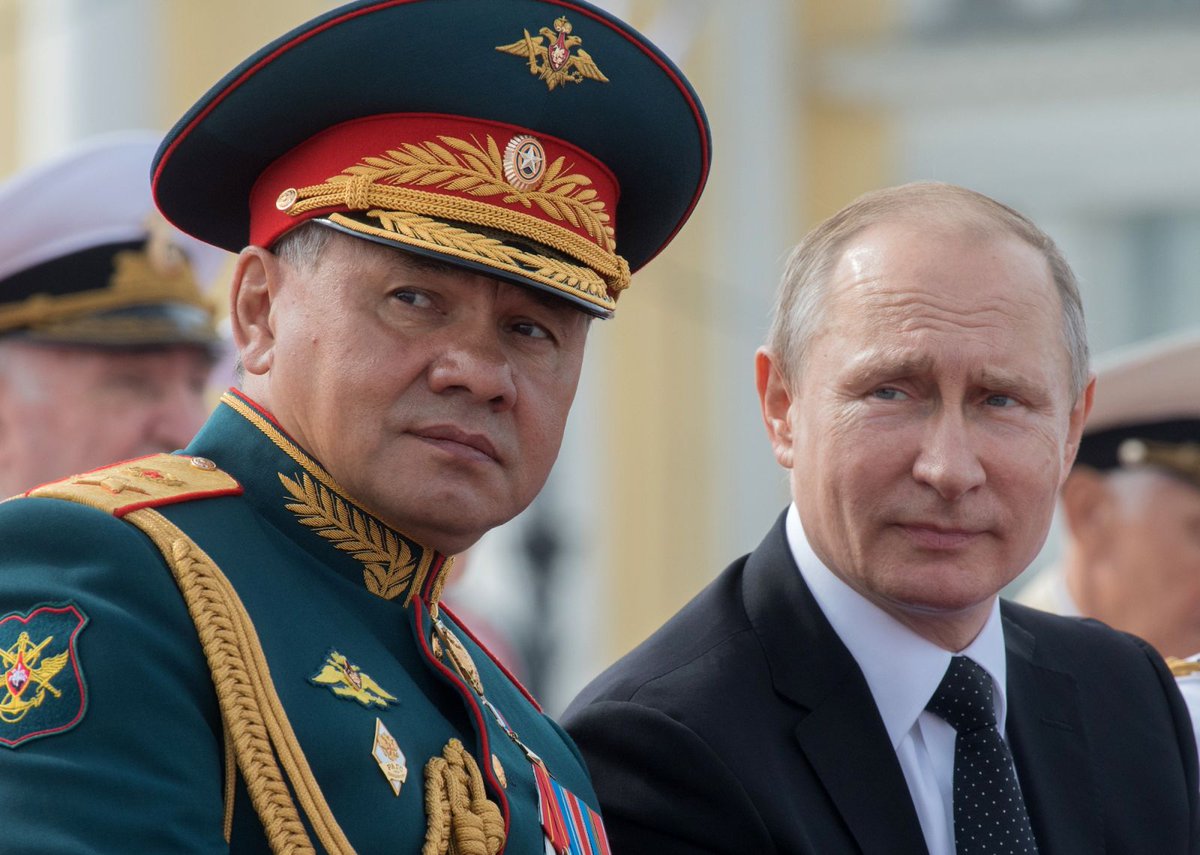
Humans have agency and agency works both ways. They can choose to deescalate but they can also choose to escalate. Acting on assumption that everyone around you wants peace and partnership is insane. To make a correct choice you need to figure out which choice the other side made 

Since he started consolidating his rule in 1999, Putin has been always manufacturing conflicts artificially. Chechnya, Georgia, Syria. Each time he claimed he needs to defend "security" of Russia, which was difficult to object to. Everyone agrees Russia has the right to be secure 
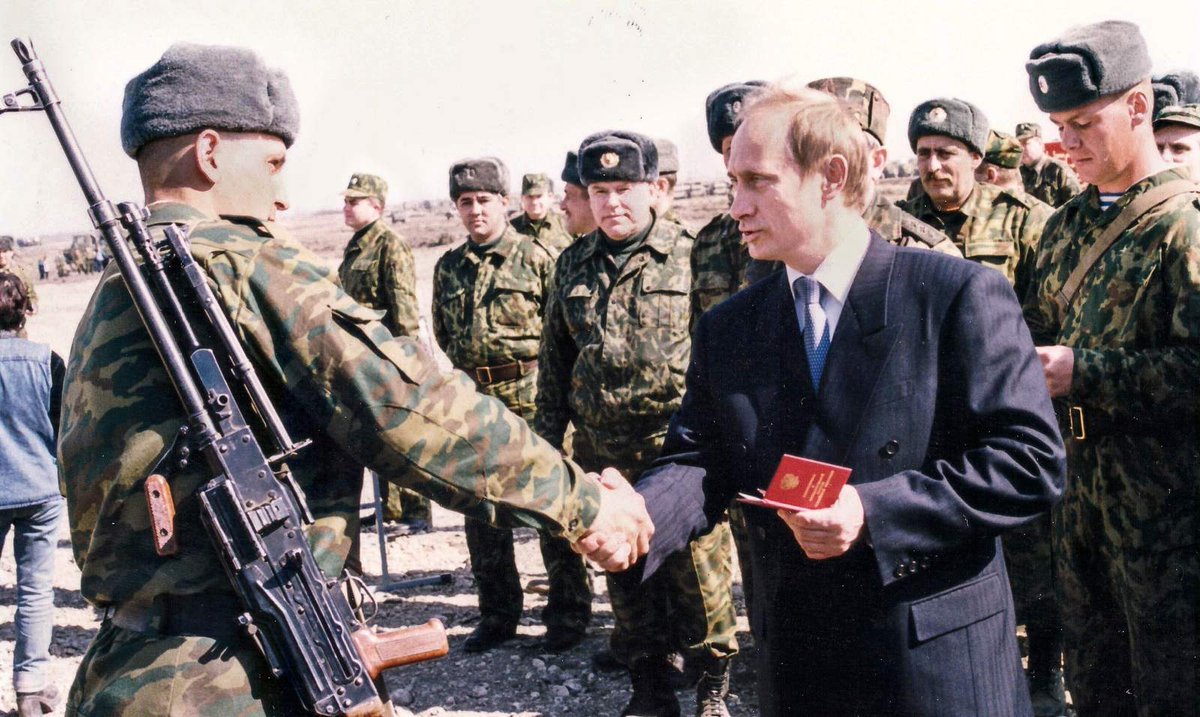
The conflict in Ukraine is also artificial, manufactured. It started with the "little green men" taking over Crimea in 2014. It continued with FSB colonel crossing the border to launch the Russian insurgency. It continued with Russia funding and arming irredentists in Ukraine 

It culminated with Russia launching the war of conquest in 2022. It's delusionary to view Putin as a neutral side here. It's also delusionary to describe him as "a side of the conflict". He is not *a* side. He's *the* one who manufactured this conflict in the first place 
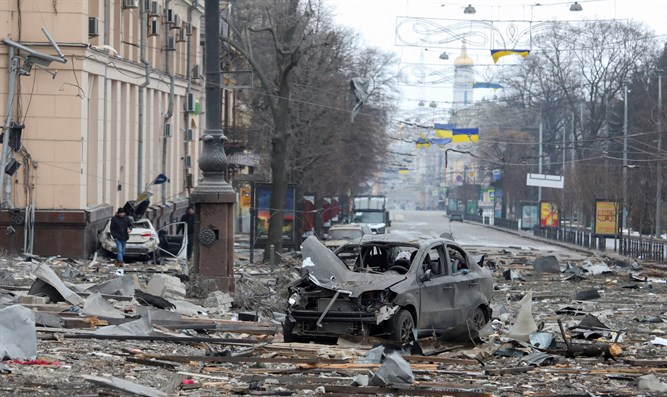
This conflict manufacturing strategy backfired on Putin. Russians are shocked by resistance they are now facing in the Russophone East Ukraine. Russians believed it would just switch to them immediately. After all, it voted for pro-Russian candidates on every election till 2014 

What happened? How Kharkiv which used to be culturally and politically pro-Russian so quickly turned super anti-Russian? It's a huge cultural change and a very recent one. And the answer would be: Putin's conflict manufacturing strategy killed pro-Russian sentiments in Ukraine 
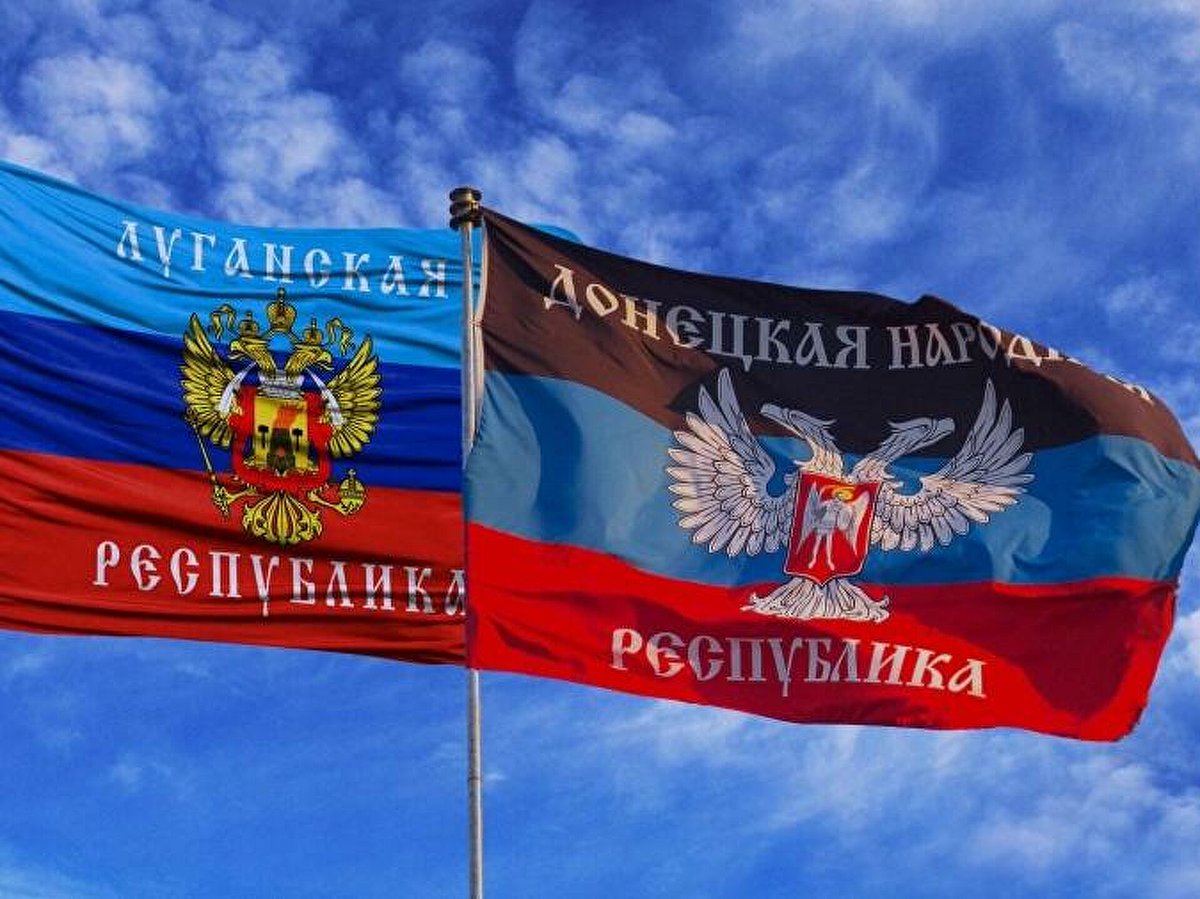
When Putin manufactured the Donbass War he presented it as an Ukrainian inner conflict. Many in Russia bought it. Many in the West bought it. Many idiots even now talk about "Ukraine shelling civilians of Donbass for eight years". Bad Ukrainians being bad, that caused the war 
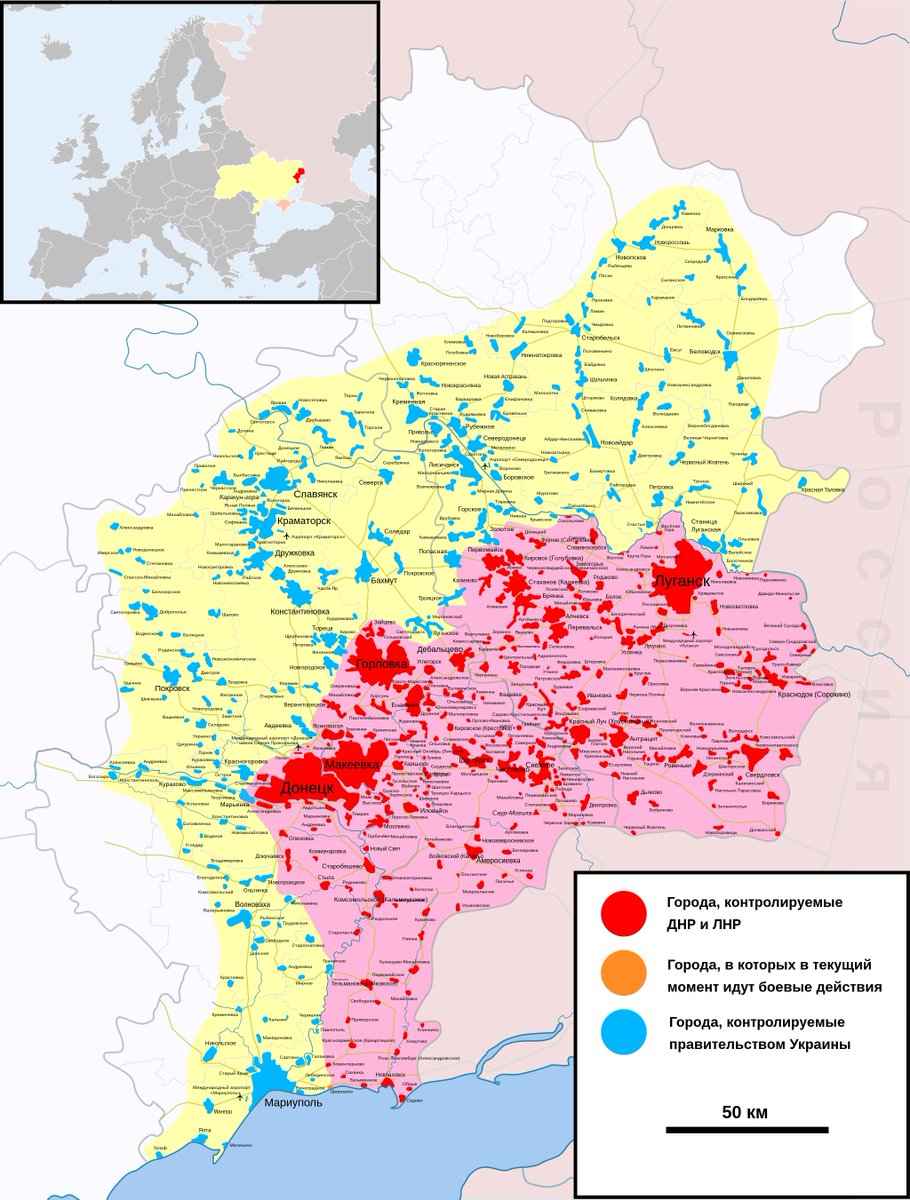
Nobody in Ukraine bought it. Russians and Westerners considered the Donbass catastrophe as a Ukrainian problem. In Ukraine however, it was seen as a Russian problem. Donbass was simply a part of Ukraine which fall under the Russian rule and its nightmare was purely Russian-made 
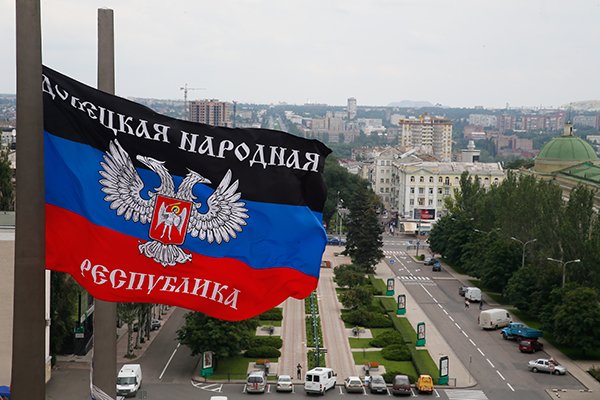
Putin didn't think about it. He as usually manufactured a Donbass war to later come out as a saviour, do everything he wants to do, collect a payout and be showered in gratitude and public love. But in Ukraine he was seen as the one who created this war in the first place 

Nothing de-russified East Ukraine so quickly and irreversibly as the Donbass catastrophe. I'm not talking about the war, I'm talking about a general socio-economic conditions there. Under Russian control, Donbass fall under the rule of the criminal gangs, presented as the "levy" 
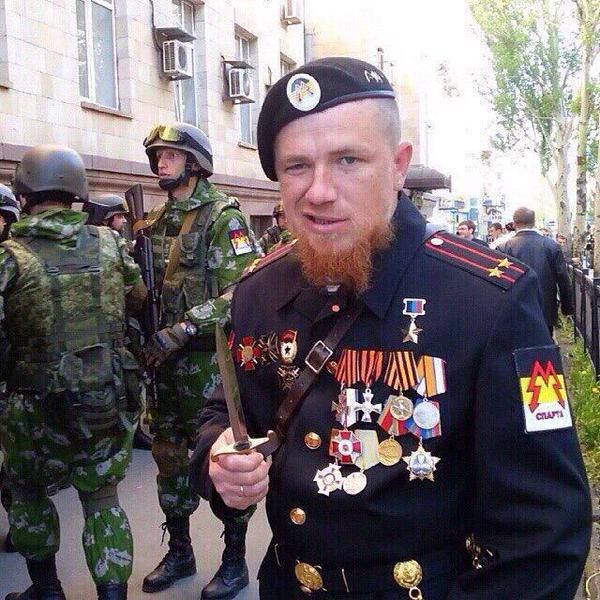
They were usually guys from below the social hierarchy who saw this war as a chance to rise up. And they did. With their power unchecked, they started systematic plunder. Take people's homes, cars, businesses, kill those who object. Arrest someone, torture and release for ransom 
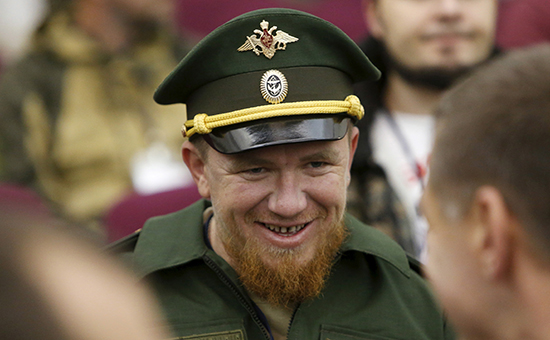
It's not only how much these guys stole, it's how much they destroyed. If a normal Russian bureaucrat might destroy 10 rubles of value to steal 1, these guys would destroy 10 000. They destroyed Donbass economy, inflicted the socio-economic collapse and humanitarian catastrophe 

With economy destroyed, and few opportunities for employment remaining, many locals, twenty-five-thousanders, joined this "levy" for 25 000 rubles a month paycheck. Russians paid them about 400 usd per month just to keep the war going on. It all turned into a vicious circle 
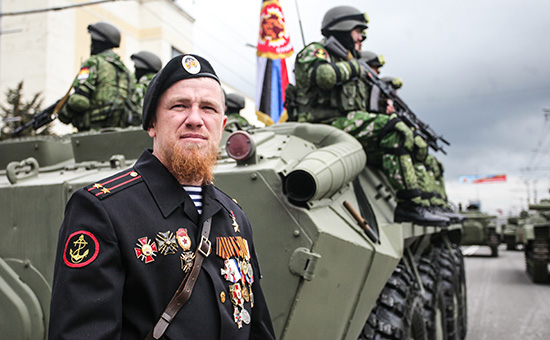
You could sell this Donbass catastrophe as a Ukrainian problem to Russians or to the Westerners. But it was impossible to present it as such to the Ukrainians. People in Kharkiv, Sumy, Mariupol saw that nothing comparable is happening on territories under the Ukrainian control 
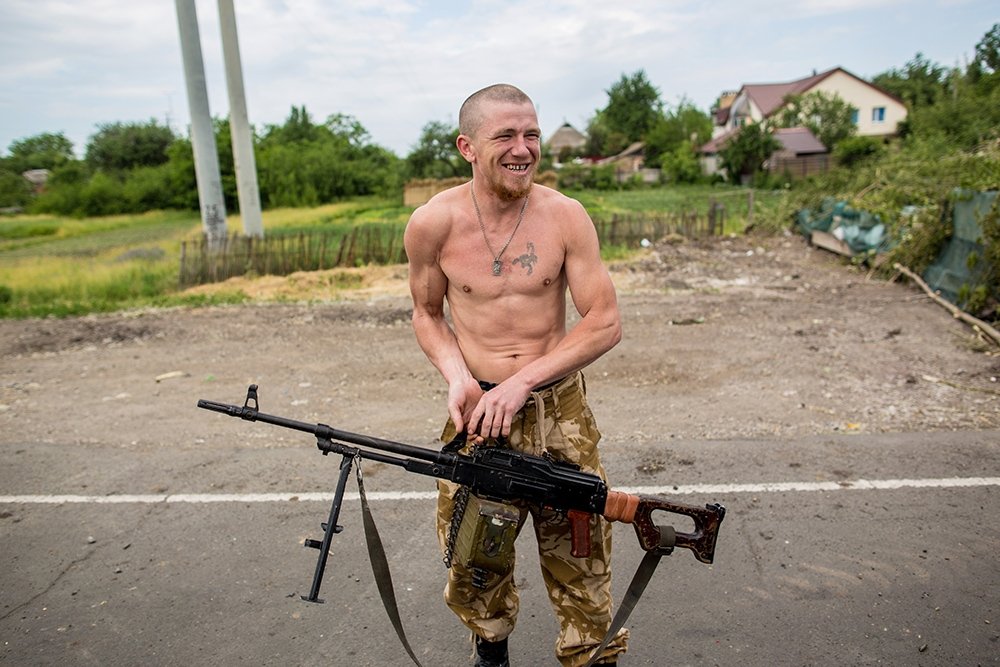
East Ukrainians saw that the Russian-controlled zone turned into a nightmare with warlord gangs robbing, killing and torturing. With no protection and no security. With no employment either, because businesses were destroyed by pro-Russian warlords. You could join them or starve 
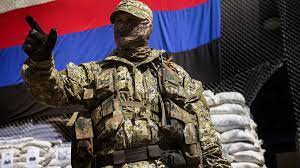
Putin manufactured Donbass conflict and exacerbated it to later come out as the saviour. But he didn't consider that Ukrainians have agency, too. For the East Ukraine Russian control was associated with Donbass, and Russian invasion would mean turning them into the Donbass 
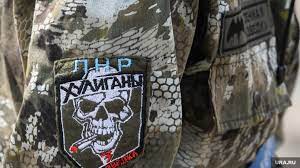
Extremely tough Ukrainian resistance against superior Russian forces is understandable only in this context. East Ukraine doesn't believe Putin will "save" them. They saw what's happening on territories he captured and are fighting hard to avoid the same scenario on their land
Putin's conflict manufacturing strategy irreversibly de-Russified East Ukraine. Whatever pro-Russian sentiments existed there, are gone now. Ties with Russian kins over the border severed. Donbass War triggered this process and Z-invasion completed it. Russian Ukraine is no more 
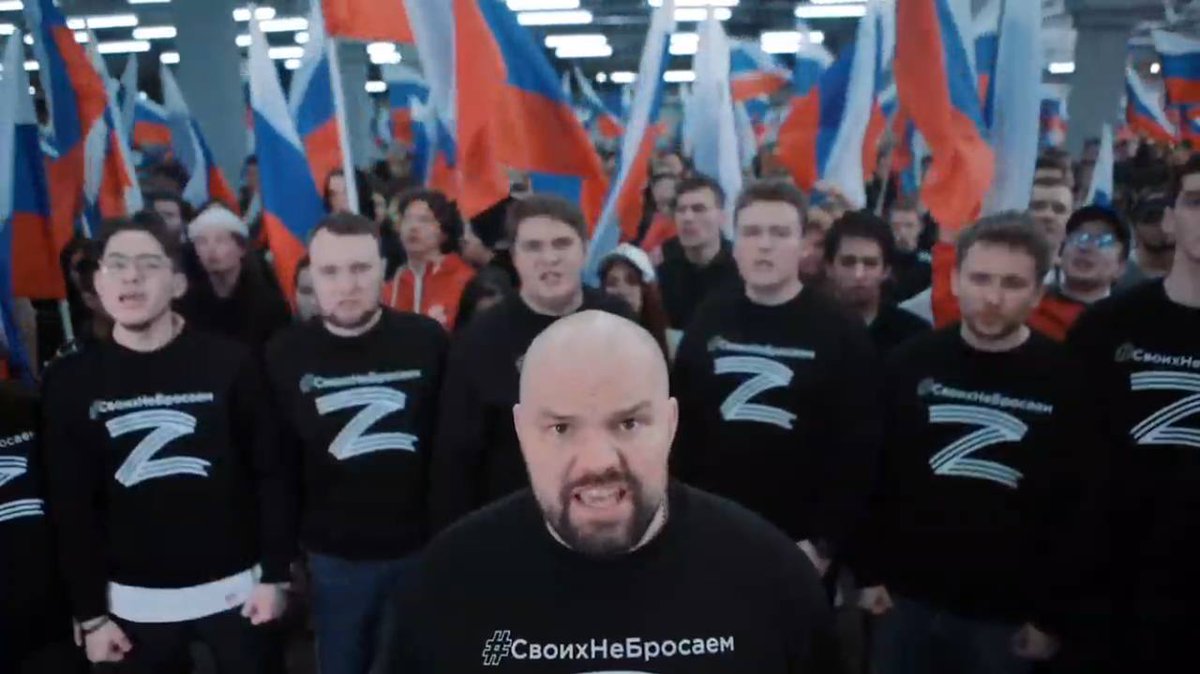
Conflicts are initiated by humans. Humans have agency. They may use it to escalate or to deescalate. Analysts know that Putin could deescalate this war. They miss however that he is the one who manufactured it. That conflict manufacturing has been his constant strategy since 1999 
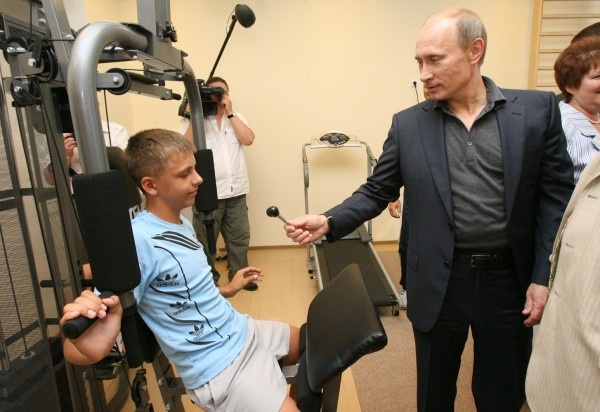
The constant cycle of Putin's policy has been:
1. Manufacture a conflict
2. Escalate, exacerbate
3. Come out as the saviour, collect payout
4. Scale up
So far it has worked perfectly. Why? Because the other side never escalated it
1. Manufacture a conflict
2. Escalate, exacerbate
3. Come out as the saviour, collect payout
4. Scale up
So far it has worked perfectly. Why? Because the other side never escalated it
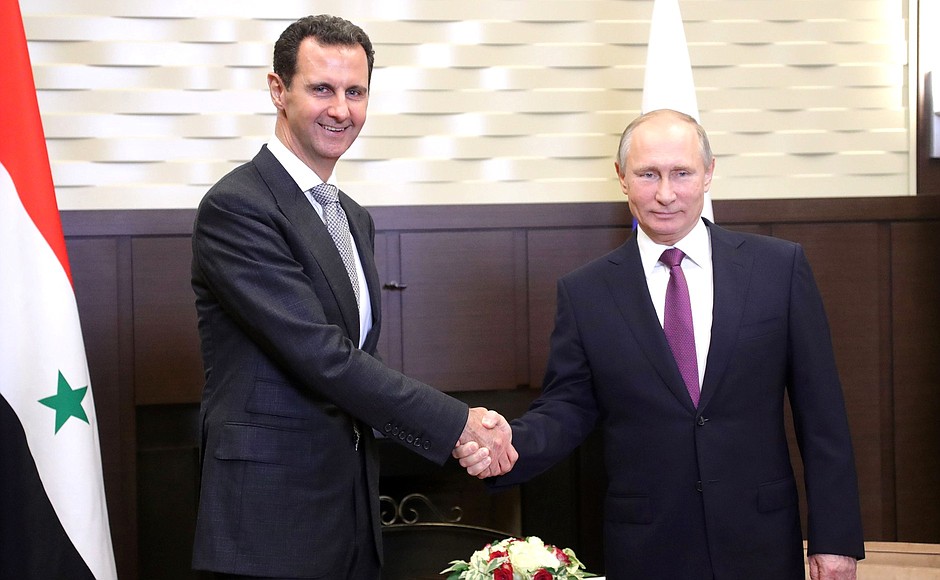
Agency works both ways. If Putin knows the West is determined to always and ever deescalate, always seek for compromise, it means his policy is working perfectly, why change it? So he repeats and scales up. And every time you'll have to deal with larger conflict he manufactured 
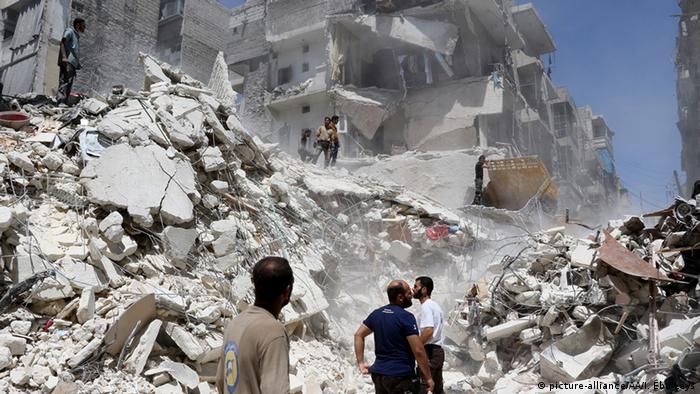
Putin's strategy is similar to Hitler's. Hitler also manufactured conflicts referring to the historical rights & security. Every time the West deescalated to buy peace. But with all their concessions they bought the World War, cuz Hitler would scale up after each successful cycle 
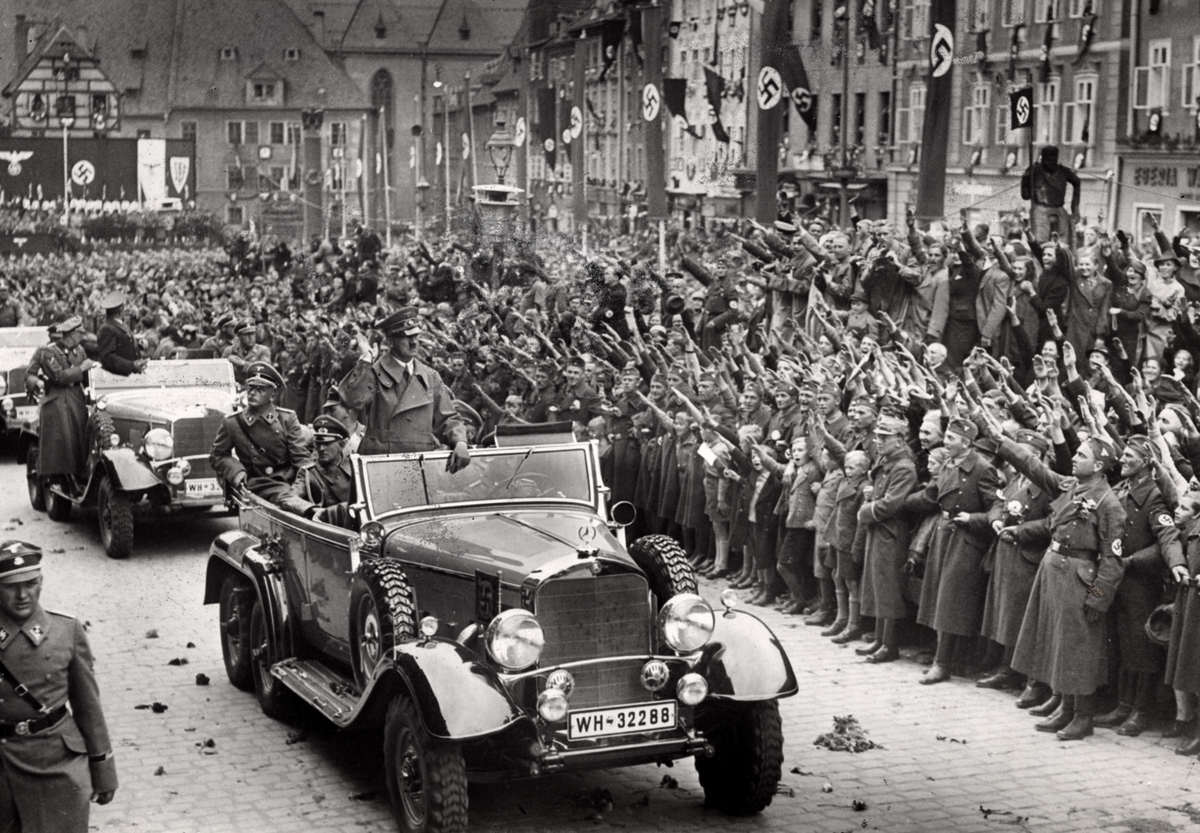
Putin's policy is entirely based on assumption that the West will avoid the escalation. Ergo. It was a mistake to assure him of it in the first place. Paradoxically, it may sound for goal-oriented people, it makes total sense from the perspective of a system-oriented approach 
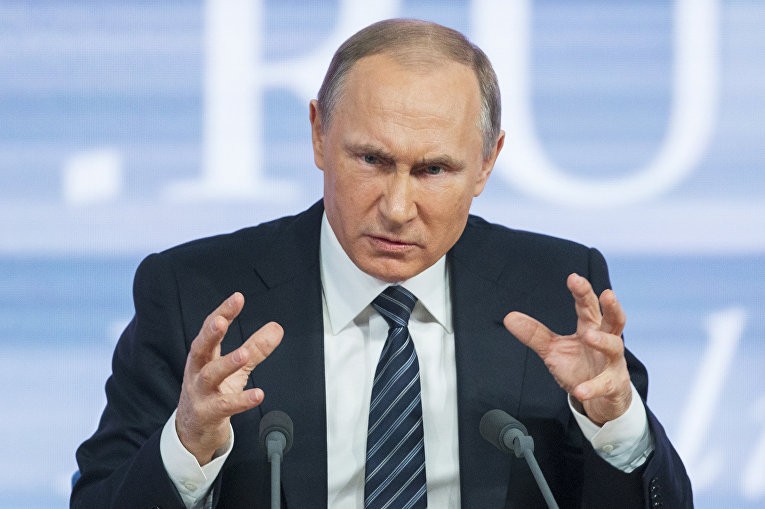
Goal-oriented people think that if you want peace with Putin, you MUST make him absolutely 100% sure of your peaceful intentions. Assure him you'll never ever escalate, never strike back, never make him feel in danger. That's how you achieve peace under the goal-oriented paradigm 
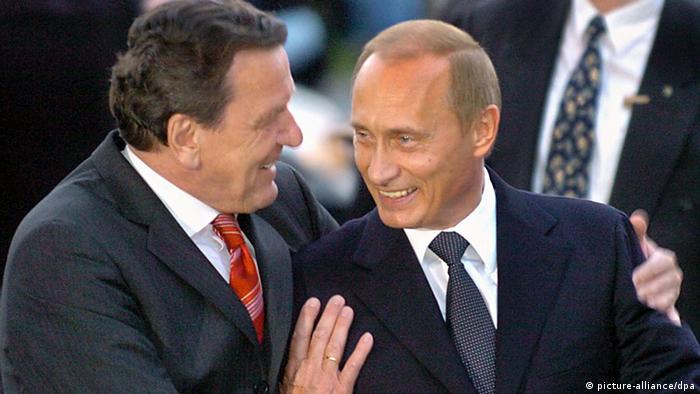
In the system-oriented paradigm it works exactly the other way around. The other side has agency, too. They are not stupid. They know you have much superior resources and the only reason they behave such recklessly is that you assured them you'll never ever use the force you have 
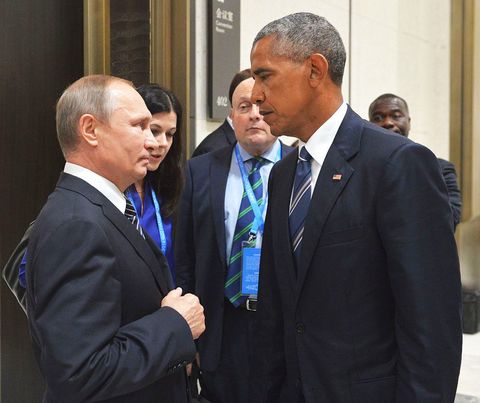
Under the goal-oriented paradigm, the route for deescalation would be make Putin feel as safe as possible. Under the system-oriented, the other way around. After each successful cycle he scales up, so you must break the cycle. End of 🧵
You can read the unrolled version of this thread here: typefully.com/kamilkazani/PH…
• • •
Missing some Tweet in this thread? You can try to
force a refresh





